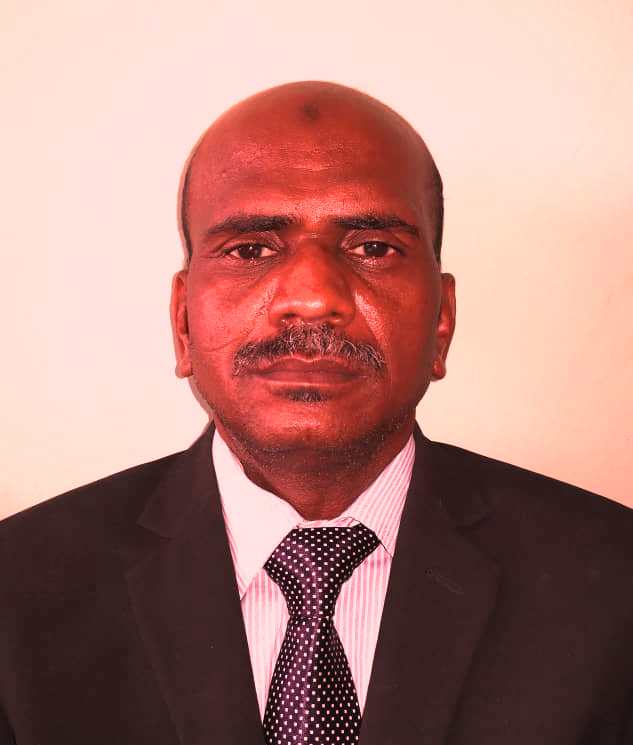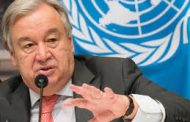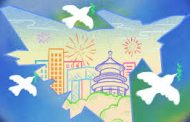By Dr. Abasher Elhaj
The term “citizenship” is not newly adverted, it is deeply rooted in the history of mankind since the forthcoming of Islam. Islamist theory is always paradoxical; as it is assigned to practice what it preaches, the fundamentalist problematized and messed with Sudanese morals and social fabric during their obnoxious epoch flouting the essence of the Quranic verse (Repentence-24) which clenches the concept of all people are the same and created form one soul.
Citizenship can be described as having ‘an extremely sticky quality’. For most people are basically inherently equal and energies beyond mere abstraction by reference to what is originally stood against. It chaperons them intact and unchallenged throughout their course of time and may thence be experienced as a permanent and even static trait of their identity.
Citizenship is graded over five levels (home, school, city, country, nation) in which an individual has to, stark, acquire all his rights to realize their identity. Home is the initial physiological block to build a nation; among this spectrum, home and nation, lies a number of social qualities. Irrefutably, identity is the source of rights and responsibility of each level of citizenship. However, our mindset is still asking the government to do everything for him instead of asking himself to do everything for his nation. Actually, the state is in charge of its masses’ welfare as an utmost and long-term goal. But in inferno times, people have to, a little bit, waive their full right in sake of “for the common good”. When these limbo times dissipate, rights can be enjoyed only in the world duties since for every right there is corresponding duty. Basking these rights has to boost social interest and nullify the private partiality.
Authentic citizenship is fenced with skeleton of mandatory duties. The most prominent feature is obeying the law in all its levels. Without substantive law, we are just building castles out of sands that are uncapable of standing against the storm of favoritism and partiality. In terms of law, Sudanese have indifferent towards the law, they are afraid of it and can not apply it. The most effective element in implementing the law is the police. However, is the current profession of police capable of standing against the tempest of patronage? To be honest, I absolutely convinced that this mission has lost its professionalism during the regime of Islamist by ideologizing its creed; so, it has urgently to be rehabilitated from top to bottom so as to cope with the bright face of the new eon. Seeing the law broken in the day by those who are assigned to maintain it, develops a sense of mistrust support of Sudanese people.
Citizenship is so crucial for civil life where a good citizen works hard and feels secure and valuable under a state governed by law. In hard times and economic crisis, it is citizenship and civil state that recover people grieve in their insecure position and tenuous social and political ties. Thus, citizenship emerges as a key factor determining the rights and protection.
We have witnessed some countries pursuing their citizen when abroad, making sure they are safe in times of disasters, for example. What for? It is said, many of those who are not humble react to humiliation with anger, others with patience, and others with freedom. The first are culpable, the second are harmless, and the last are just. I do not think Sudanese have a rusty memory as such, most of us remember the Sudanese crisis in Lebanon and Cairo, the incident of Muhandiseen, many years ago. Those victims’ dignity was violated and infringed to the fullest. One can accept the apology of the ex-government as a human cannot eliminate what he is not feeling of. Therefore, the Islamists preferred to be the first person above- weak for once, weak forever.
In sum, these theoretical assumptions about citizenship are of no use unless they are applicable and imposed upon citizens by the raito legis. The proceeding article will shed lights on how the concept of being a citizen nurtures and maintains cultural diversity along with the five belts of the Prime Minister of the Transitional Government.









